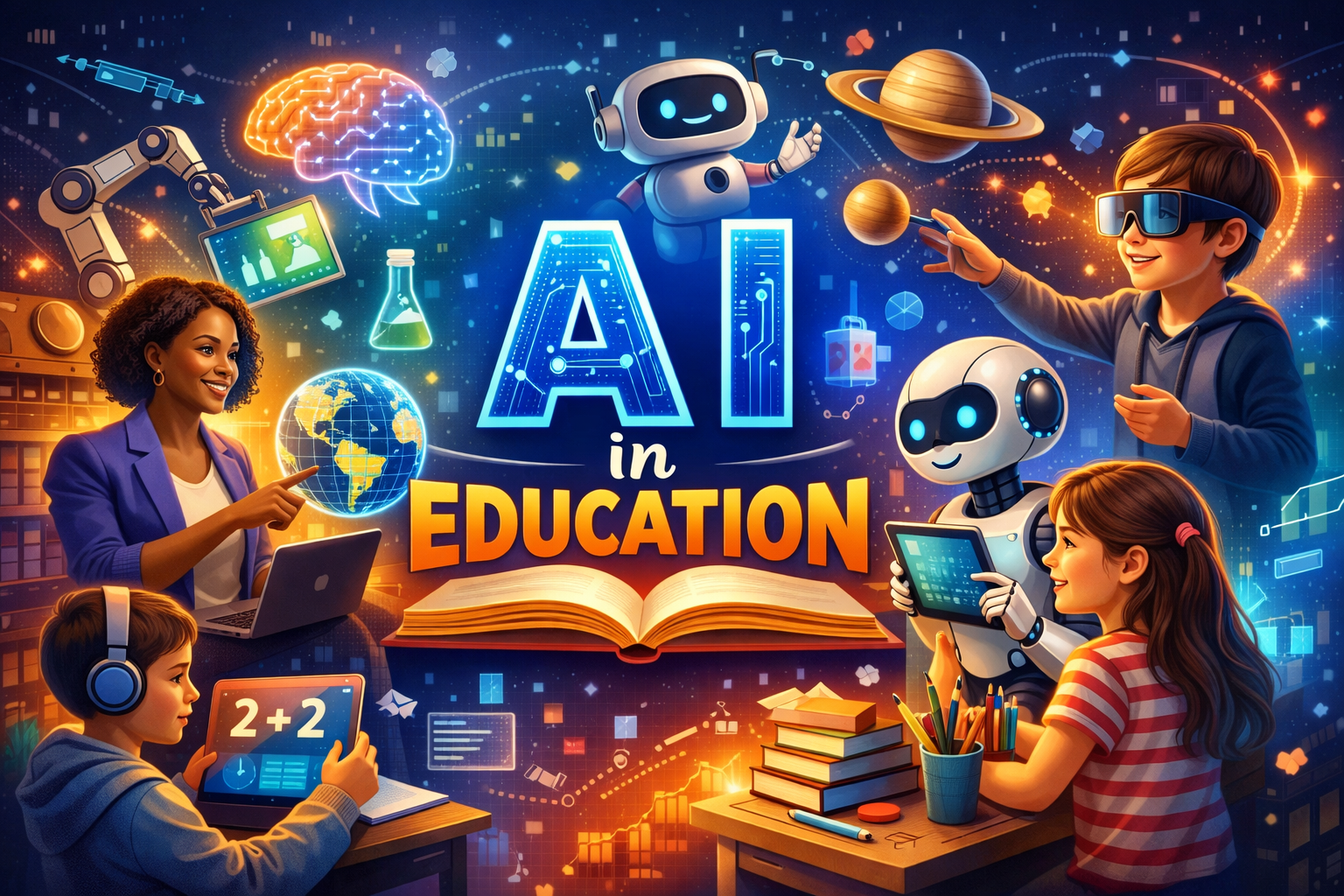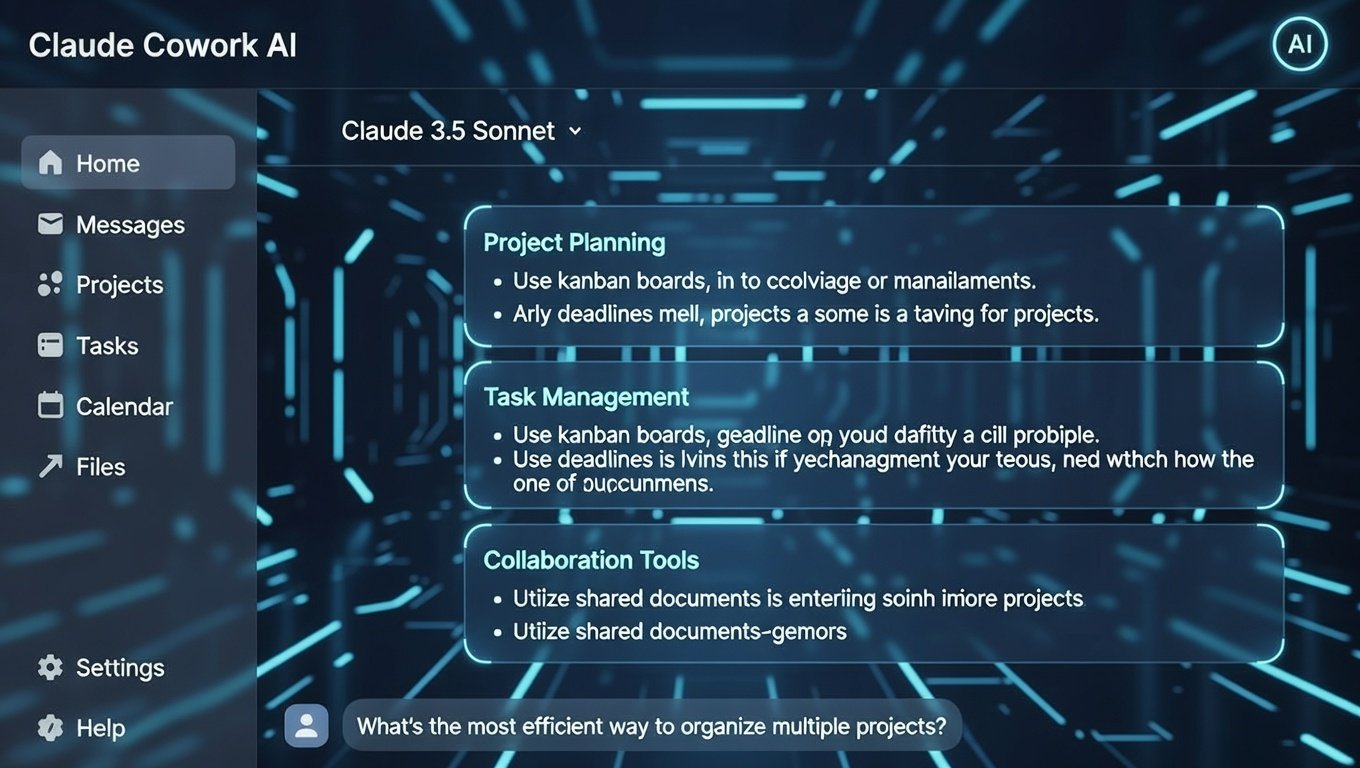From personalised learning to automated grading, AI is helping to make education more efficient and effective.
As AI technology continues to develop, we will likely see even more ways in which Artificial intelligence is used in education in the future.
Artificial Intelligence (AI) has been transforming various industries, and education is no exception.
From personalised learning to automated grading, AI is being used in various ways to enhance the educational experience for students.
In this article, we will explore five real-world examples of how AI is being used in education today.
Personalized Learning using AI in the education sector
Personalised learning is one of the most significant ways in which AI is being used in education.
With personalised learning, AI algorithms analyze student data and tailor the learning experience to the individual needs of each student.
The Knewton Adaptive Learning Platform uses AI to personalize the learning experience for students by providing personalized study plans, customized lesson plans, and targeted feedback.
This approach helps students learn at their own pace, which can lead to better retention and understanding of the material.
Automated Grading
Automated grading is another way in which AI is being used in education.
With automated grading, AI algorithms can grade multiple-choice and short-answer questions, freeing up teachers’ time to focus on more important tasks such as providing feedback and engaging with students.
Gradescope is an AI-powered platform that can grade written assignments, such as essays and coding projects, quickly and accurately.
Language Learning
AI is also being used to enhance language learning.
Duolingo, an app that uses AI to personalize language learning, has over 300 million users worldwide.
Duolingo uses machine learning to track user progress, adjust the difficulty level of lessons, and provide personalized feedback, making language learning more efficient and effective.
Tutoring
AI-powered tutoring is another way in which AI is being used in education.
With AI tutoring, students can receive immediate feedback and support, which can help them learn more effectively.
Carnegie Learning’s AI-powered tutoring system, called the Cognitive Tutor, provides students with immediate feedback and personalized instruction, helping them to learn at their own pace.
Adaptive Testing
Adaptive testing is a form of assessment in which the difficulty level of the test adapts to the student’s ability level.
AI is being used to create adaptive tests that can adjust the difficulty level of questions based on student performance.
The ETS Personalized Test Preparation Platform uses AI to create adaptive tests that can adjust the difficulty level of questions based on student performance, providing a more accurate assessment of the student’s ability.
Virtual Assistants
Virtual assistants, such as Amazon’s Alexa and Google Assistant, are being used in classrooms to help students with their studies.
These virtual assistants can provide students with information on a variety of topics, as well as help them with homework and research.
Students can ask Alexa for definitions, translations, and even historical facts, making learning more interactive and engaging.
Intelligent Tutoring Systems
Intelligent Tutoring Systems (ITS) are computer programs that use AI to provide personalized instruction to students.
These systems can track student progress, adjust the difficulty level of lessons, and provide feedback, making learning more efficient and effective.
For example, ALEKS is an ITS that uses AI to personalize math instruction for students, adapting to their unique needs and abilities.
Gamification
Gamification is the process of adding game elements to non-game contexts, such as education.
AI is being used to create educational games that can adjust the difficulty level of questions based on student performance.
The game “DragonBox Algebra 5+” uses AI to adjust the difficulty level of algebra problems, making the game more challenging as the student progresses.
Adaptive Learning Platforms
Adaptive learning platforms use AI to personalize the learning experience for students.
These platforms can track student progress, adjust the difficulty level of lessons, and provide feedback, making learning more efficient and effective.
Online Learning
AI is also being used to enhance online learning.
Coursera, an online learning platform, uses AI to personalize the learning experience for students.
Coursera uses machine learning to track student progress, adjust the difficulty level of lessons, and provide personalized feedback, making online learning more efficient and effective.
In conclusion, using AI for personalized learning provides a customized and efficient learning experience for students and employees. It improves student engagement and motivation, increases student achievement, and allows for tailored learning experiences that meet the needs of individual students.
About the Author

Nancy Powell is an Expert in Automation with 12+ years of experience with global clients in the areas of Artificial Intelligence, Machine Learning, and Gen AI.





Your point of view caught my eye and was very interesting. Thanks. I have a question for you.